Sleep Apnea Treatment Spring
How a Dentist Can Improve Your Sleep
When people hear that a dentist can treat sleep apnea, they’re often surprised. What exactly do sleep problems have to do with dentistry? The fact is when it comes to obstructive sleep apnea, oral structures play a major role in effective treatment. At Spring Dentist, we can provide custom-made oral appliances designed to change the position of the jaw, preventing the symptoms of sleep apnea from occurring. Call our dental office to learn how Dr. Kuykendall can help you get started with sleep apnea treatment in Spring.
Why Choose Spring Dentist for Sleep Apnea Treatment?
- High-Quality, Long-Lasting Dental Oral Appliances
- Experienced and Dedicated Dentist with Years of Proven Experience
- Advanced CBCT Scanning Technology for Improved Dental Diagnostics
What Is Sleep Apnea?
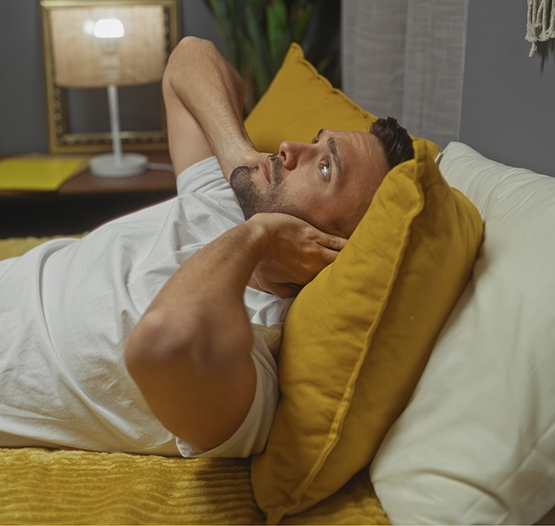
Sleep apnea is a condition that causes a person to experience several breathing interruptions throughout the night. It’s commonly caused by an obstruction in the upper airway that restricts oxygen levels. Not only can it affect your sleep quality but also your health and general well-being. Thankfully, we can provide the appropriate intervention you need to breathe better and sleep soundly.
Sleep Apnea Basics
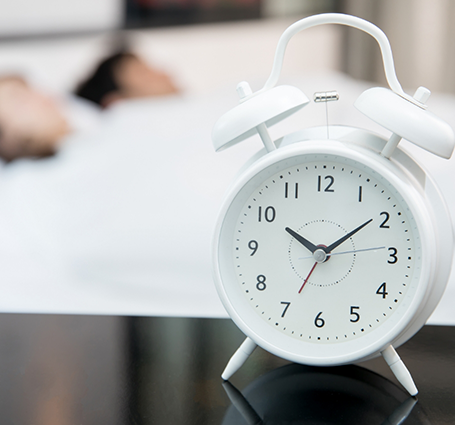
Sleep apnea is a condition that results in frequent breathing interruptions several times throughout the night. Each pause depletes oxygen levels in the body, leading to potentially serious complications. There are 3 main types of sleep disorders:
- Obstructive Sleep Apnea: The upper airway becomes blocked by the soft tissues in the back of the mouth collapsing, creating an obstruction. It’s the most common type of sleep apnea.
- Central Sleep Apnea: The brain doesn’t send the correct signals to the muscles responsible for breathing.
- Complex Sleep Apnea: Both obstructive and central sleep apnea are responsible for interruptions in breathing.
What Are the Symptoms of Sleep Apnea?
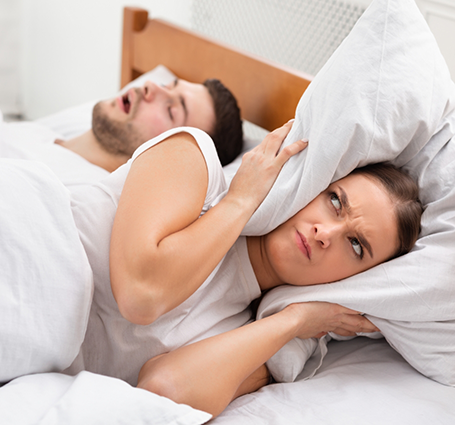
Many people who have sleep apnea aren’t diagnosed because the symptoms can be quite diverse. As a result, they are often attributed to other factors. The most common signs of the disorder include:
- Loud, chronic snoring
- Waking up choking or gasping for air
- Waking up with a dry mouth
- Morning headaches
- Difficulty staying asleep
- Excessive daytime sleepiness
- Difficulty paying attention
- Irritability and mood swings
Unfortunately, the complications of untreated sleep apnea don’t stop there. The condition can also affect your health, increasing your risk of heart disease, sleep deprivation, and other serious concerns.
What Are the Risk Factors for Sleep Apnea?
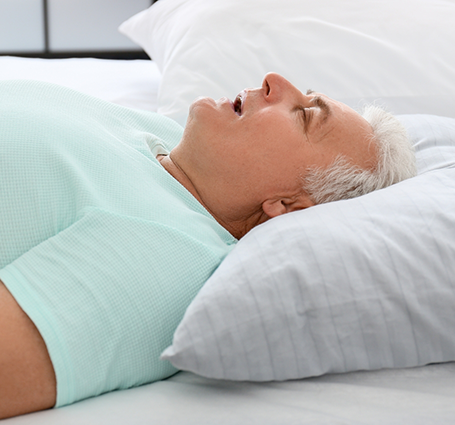
Anyone can develop sleep apnea, no matter their age or gender; however, there are a few risk factors that increase your likeliness for it, such as:
- Excess weight
- Large neck circumference
- A narrowed airway
- Being male
- Being older
- Family history
- Use of sedatives, tranquilizers, or alcohol
- Smoking
- Nasal congestion
- Underlying medical conditions
How Is Sleep Apnea Diagnosed?
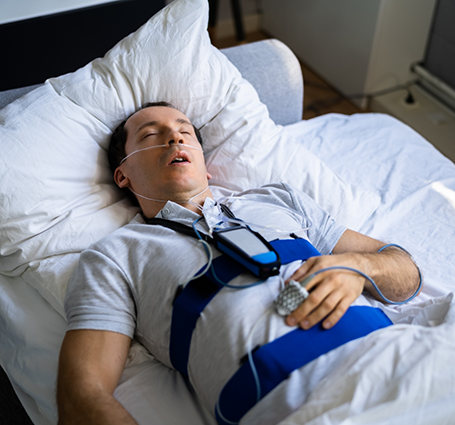
If you or a loved one suspects you have sleep apnea, you’ll need to contact your physician for further testing. They will recommend a sleep study to monitor your vitals while you’re asleep. Based on the information from the study, they can determine the severity of the condition to allow your dentist to provide the right intervention, like a CPAP or oral appliance.
Do You Have Untreated Obstructive Sleep Apnea (OSA)?
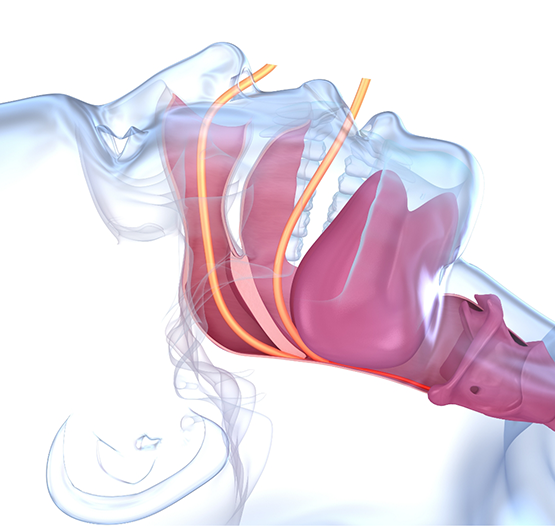
Sleep apnea often goes undiagnosed because the symptoms are difficult to discover. However, creating a diagnosis for OSA becomes easier as we confirm the number of symptoms present. For example, loud snoring is typically a sign of untreated sleep apnea, but it does not confirm it alone. If you or someone you know experience any of the following symptoms, schedule an appointment with our dental office for further examination. They include:
- Gasping or choking while sleeping
- Chronic fatigue even after going to bed early
- Morning headaches
- Frequent nighttime urination
-
Mood changes or irritability
Sleep Apnea Treatment Options
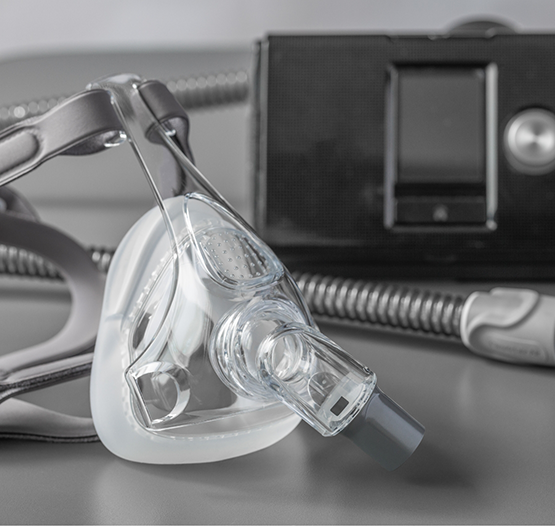
There are a few different ways OSA can be treated, but every patient has different needs. Fortunately, Dr. Kuykendall has a few different options when it comes to helping you keep your airway open so you can get the full night’s rest you need and deserve.
Oral Appliance Therapy
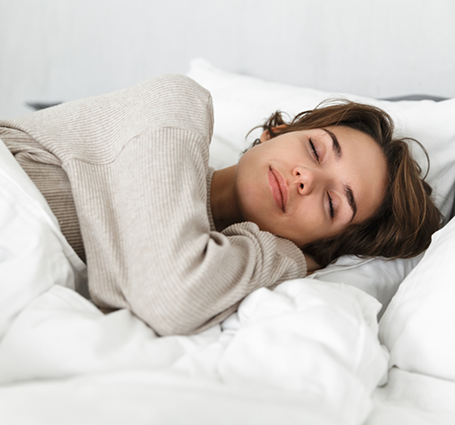
If you have trouble sleeping with a loud, bulky CPAP machine, oral appliance therapy can be the far more relaxing and convenient option. The oral appliance looks like a mouthguard but adjusts the jaw while you’re asleep so that the tongue and soft tissues in your mouth don’t collapse and block your airway. Without these obstructions, it’ll be easier for you to sleep through the night.
Note that there are a few different oral appliances you might get depending on your needs. While most are used to reposition your jaw, others are designed to hold your tongue in place. In either case, it’s very important that you get an oral appliance from a dentist you trust rather than purchasing it over the counter. Appliances that have been custom-designed by a professional tend to be more comfortable and effective.
Combined Therapy
Despite their disadvantages, CPAP machines are still considered an excellent solution for sleep apnea. These devices blow a continuous supply of air through your nose as you sleep, preventing the upper airway from closing. Typically, it’s used separately from oral appliance therapy. However, in some cases, there are advantages to combining the two treatments.
One of the reasons CPAP might fail is discomfort; some patients simply can’t tolerate wearing the mask or the high pressures involved. They might find themselves unable to fall asleep while using the device, which defeats the purpose of therapy. However, if an oral appliance is attached to the CPAP machine, lower air pressure can be used. This makes them more likely to adhere to the treatment, improving sleep quality as well as daytime alertness and overall mood.
Sleep Apnea Frequently Asked Questions
What are the Symptoms and Warning Signs of Sleep Apnea?
Loud snoring is a common symptom of sleep apnea. If you have a spouse who’s been complaining about the noise every night, they may also be able to tell you if you make choking or gasping noises while you’re asleep. Patients who live alone might have a harder time recognizing the signs of sleep apnea, but in general, excessive drowsiness or a lack of energy during the day could be a sign that you’re not getting the rest you need.
How Is Sleep Apnea Bad for My Heart?
Sleep-disordered breathing can lead to all sorts of cardiovascular problems such as high blood pressure, arrhythmia, stroke, and heart failure. The frequent decreases in blood-oxygen levels combined with a lack of restorative sleep put a strain on your cardiovascular system. This issue becomes worse over time, which is part of the reason why sleep apnea should be treated sooner rather than later.
What Did Sleep Apnea Have to Do with Princess Leia’s Death?
Actress Carrie Fisher suffered from a cardiac event while on a plane heading to Los Angeles; she passed away in the hospital four days later. About six months after that, the coroner found evidence that sleep apnea had played a role in her death. Keep in mind that while sleep apnea is rarely the direct cause of death, patients who have it and leave it untreated tend to have a much higher risk of mortality. Call us right away if you notice the potential warning signs.
Does Snoring Always Mean Sleep Apnea?
While snoring is an extremely common symptom of sleep apnea, there are other possible causes as well. Risk factors for snoring include age, body structure (men tend to have narrower air passages and are thus more prone to snoring), sinus and nasal congestion, obesity, smoking, and sleep position (people who sleep on their backs are more prone to snoring). That said, as many as half of all people who snore have sleep apnea, so it’s always better to have the source of the noise diagnosed as soon as possible.
I’ve Already Been Diagnosed with Sleep Apnea; What Should I Do?
If a doctor has already given you a diagnosis for sleep apnea, then we can get started on designing and creating an oral appliance for you. We can also use the diagnosis to determine whether combined therapy would work in your case. Schedule an appointment with us today to start the process!

